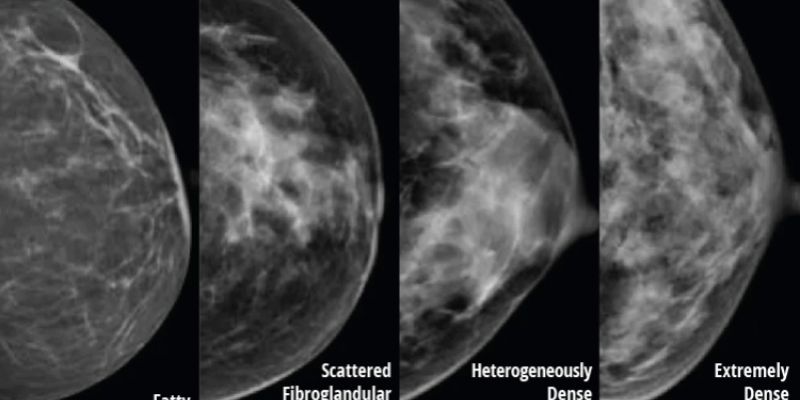Abdominal pain can be a distressing and uncomfortable experience. It's important to understand that abdominal pain can be caused by various factors, and seeking professional medical advice is crucial for proper diagnosis and treatment. In this blog post, we will explore some common causes of abdominal pain, highlight medical conditions and treatments, and provide preventative measures and lifestyle tips to help alleviate discomfort and promote overall well-being.
Common Causes of Abdominal Pain
Gastritis
Gastritis is the inflammation of the stomach lining, which can cause abdominal pain, bloating, and nausea. It can be caused by several factors, including excessive alcohol consumption, prolonged use of nonsteroidal anti-inflammatory drugs (NSAIDs), and infection with Helicobacter pylori bacteria.
Treatment options for gastritis may include medication to reduce stomach acid, antibiotics to treat bacterial infection, and lifestyle changes such as avoiding triggers like spicy foods or alcohol.
Appendicitis
Appendicitis is the inflammation of the appendix, a small organ located in the lower right abdomen. It typically causes severe abdominal pain, often accompanied by nausea, vomiting, and fever. Appendicitis requires immediate medical attention, as it can lead to a burst appendix if left untreated.
Treatment usually involves surgical removal of the appendix, known as an appendectomy.
Irritable Bowel Syndrome (IBS)
IBS is a chronic gastrointestinal disorder characterized by abdominal pain, bloating, and changes in bowel habits. The exact cause of IBS is unknown, but it is believed to involve a combination of factors, including abnormal muscle contractions in the intestines, increased sensitivity to pain, and changes in the gut microbiome.
Managing IBS may involve dietary modifications, stress management techniques, and medication to alleviate symptoms.
Gallstones
Gallstones are hardened deposits that form in the gallbladder, a small organ responsible for storing bile. When gallstones block the bile ducts, it can cause severe abdominal pain, especially after eating fatty meals.
Treatment options for gallstones may include medication to dissolve the stones, minimally invasive procedures to remove the stones or surgical removal of the gallbladder.
Ulcers
Ulcers are open sores that develop on the lining of the stomach or small intestine. They can cause a burning sensation in the abdomen, bloating, and nausea. The main cause of ulcers is the Helicobacter pylori bacteria, but certain medications like NSAIDs can also contribute to ulcer formation.
Treatment for ulcers may involve antibiotics to eradicate the bacterial infection, medications to reduce stomach acid, and lifestyle changes to promote healing.
Medications
Certain medications, such as nonsteroidal anti-inflammatory drugs (NSAIDs), antibiotics, and some prescription medications, can cause abdominal pain as a side effect. If you experience abdominal pain after starting a new medication, it's important to consult with your healthcare provider to determine if an alternative medication or dosage adjustment is necessary.
Preventative Measures and Lifestyle Tips

While it's not always possible to prevent all causes of abdominal pain, there are certain lifestyles habits that can help minimize the risk and promote overall digestive health:
Regular Exercise:
Regular exercise not only promotes overall health but also aids in improving digestive function and reducing inflammation. It helps stimulate the natural contraction of intestinal muscles, assisting in moving food and waste through your system, which can alleviate bloating and associated abdominal discomfort. Low-impact workouts such as walking, yoga, and swimming can be particularly beneficial.
Balanced Diet:

Eating a balanced diet is key for digestive health. Choose a variety of whole foods such as fruits, vegetables, lean proteins, and whole grains, and limit processed foods and sugary snacks. Eating smaller meals more frequently throughout the day can also help keep your energy levels and digestion in check. Additionally, drinking plenty of water may help ease abdominal discomfort caused by constipation or indigestion.
Stress Management:
Stress can have a significant impact on digestive health, triggering abdominal pain and bowel issues. Incorporating stress-reducing techniques such as regular exercise, mindfulness practices, and yoga into your daily routine may help alleviate symptoms associated with IBS and other gastrointestinal disorders.
Avoid Triggers:
If you experience abdominal pain after eating certain foods, it's important to identify these triggers and avoid them in the future. Common food triggers for abdominal pain include dairy products, spicy foods, caffeine, alcohol, and fried or processed food. Additionally, avoiding smoking and excessive alcohol consumption may help reduce the risk of developing certain gastrointestinal disorders.
Regular Medical Check-Ups:
Finally, it's important to stay up-to-date with regular medical check-ups and screenings. Early detection of gastrointestinal conditions can help ensure timely treatment and better outcomes. Additionally, talking to your healthcare provider about any changes in bowel habits or abdominal pain may help identify potential issues early on. Together, you can create an individualized plan for managing your
Conclusion
Abdominal pain can have various causes, and it's essential to seek professional medical advice for an accurate diagnosis and appropriate treatment. This blog post has highlighted common causes of abdominal pain, medical conditions, and treatments, as well as provided preventative measures and lifestyle tips to promote digestive health. Remember, if you experience persistent or severe abdominal pain, it's important to consult with a healthcare professional to address the underlying cause and find relief. Your health and well-being should always be a priority.




